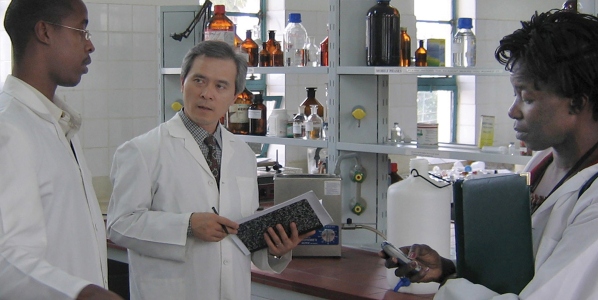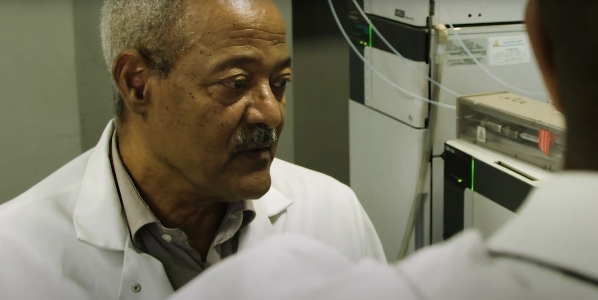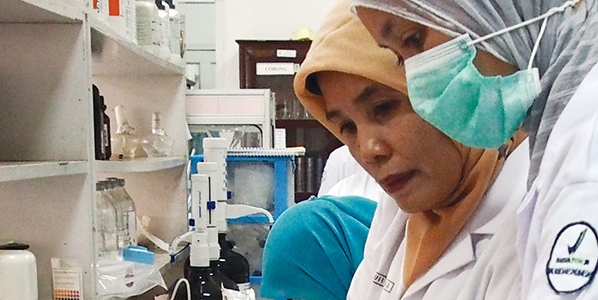To support increased access to quality medicines and vaccines in Africa, USP is making available, free of charge, the United States Pharmacopeia National Formulary (USP-NF) and the USP Education training library to stakeholders within the African pharmaceutical ecosystem, including to regulators, laboratories, academia and manufacturers. This is part of USP's commitment to support continental initiatives including the Pharmaceutical Manufacturing Plan for Africa and the New Public Health Order.
Scientific quality standards – applied across the supply chain by a skilled workforce – are an important enabler for Africa’s growing pharmaceutical sector and key to building trust and confidence in African-produced medical products. For more than 30 years, USP has collaborated with stakeholders in Africa to expand access to quality-assured medical products.
Who is eligible for this initiative?
Stakeholders based in Africa who are a part of the pharmaceutical ecosystem (i.e., manufacturers, regulatory authorities, control laboratories, and academic institutions) and who have not previously subscribed to USP-NF or USP Education are eligible for the USP Access for Africa initiative.




